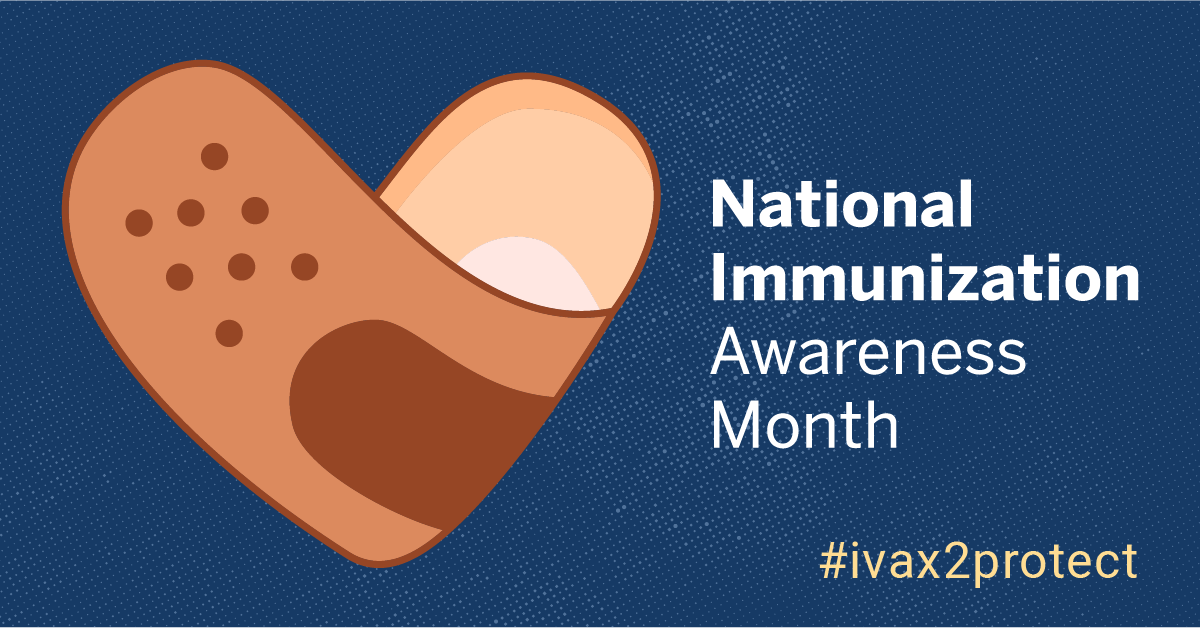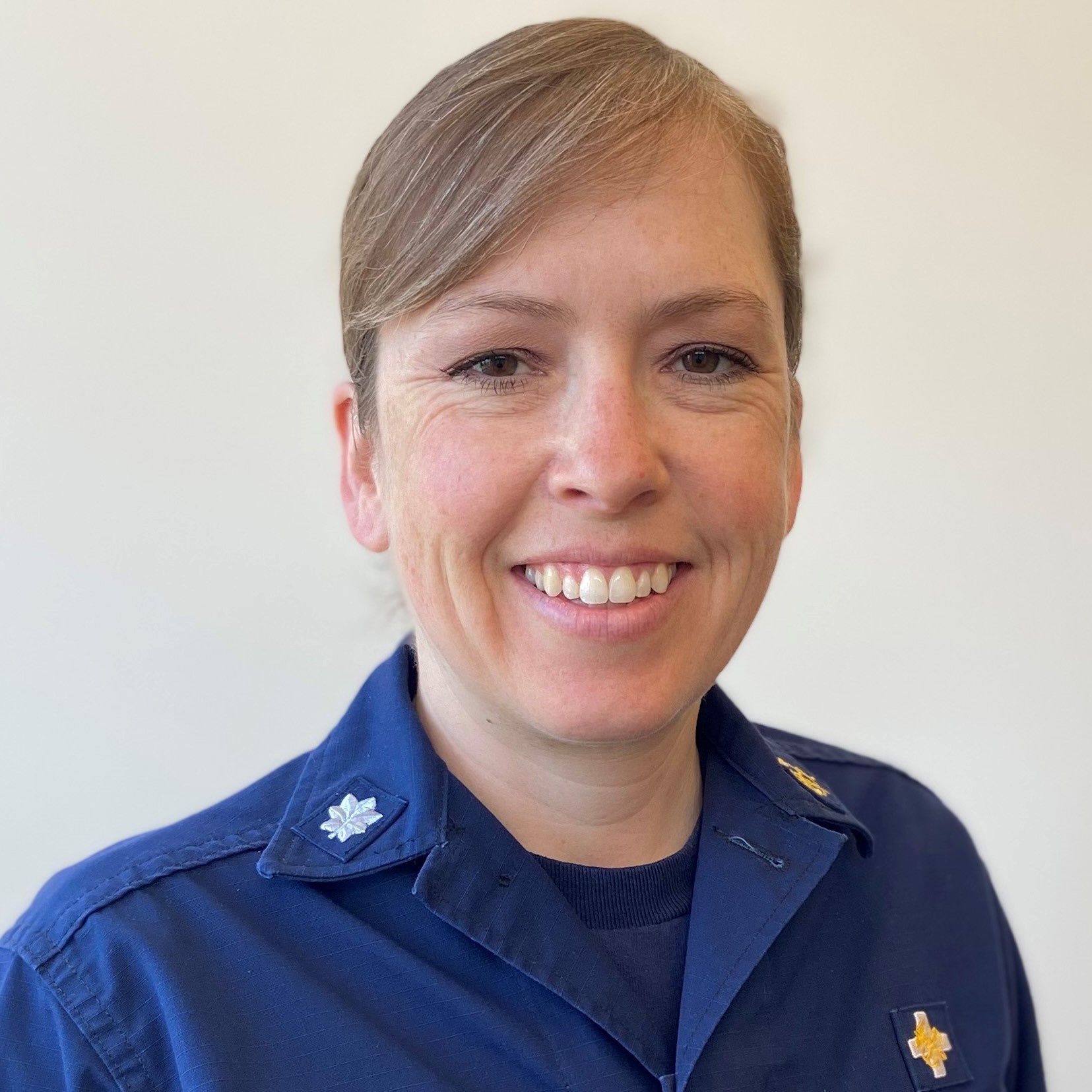Vaccine hesitancy is used to describe the reluctance or refusal of patients or caregivers to vaccinate despite the availability of vaccines. This is not a new concern, and remains among the top 10 threats globally . Hesitancy has been around since the times of Benjamin Franklin, who lost one of his sons to smallpox in 1736 and publicly regretted not having him inoculated. The scientific understanding of how vaccines work, better ways of stimulating immunity through vaccines that are scientifically tested, and the safe manufacturing of vaccines have made tremendous progress since that time. Yet, nearly 300 years later, we are still talking about vaccine hesitancy.
Research has shown that health decisions, such as to receive or to not receive a vaccine, are highly influenced by social and cultural factors, such as politics, past experiences with the health care system, family history, and balancing important public health concerns with individual rights. Contextual influences, individual and/or social group influences, and vaccine specific issues related to confidence, complacency, and convenience were used to develop strategies to guide discussions with vaccine hesitant individuals. However, an increased hesitancy is noted with the COVID-19 vaccine, demonstrating that additional factors are contributing and requiring further study.
How do we talk to people who do not want to take the vaccine ? This is one of the most common themes I see from friends, family, communities and colleagues who struggle with regards to the COVID-19 vaccine. There is not one perfect answer, however I do know that we cannot build a house without a foundation. My personal foundation pieces are the following:
- Listen: Listen without replying, acknowledge concerns and hear their opinion.
- Understand: Understand why that person is reluctant to take a vaccine.
- Respect: Respect differing viewpoints.
- Offer: Offer assistance with finding trustworthy information and resources.
- Be consistent: Your message should always include the one thing we do know – vaccines are proven safe and effective against preventing diseases.
- Remind: Remind them that vaccines not only help protect them, they also help protect our families, our communities, and our loved ones.
It was noted that resistant community members would eventually agree to the original recommendation if their health care provider continued to confidently discuss and recommend the vaccine at every visit. We can encourage and educate the people around us until we are blue in the face, but we must remember that our community wants to be heard. It is imperative that we listen to their concerns, validate their feelings, and provide a safe space to share information from trustworthy sources. Lastly, as health care providers, it is our duty to eliminate vaccine hesitancy from our terminology, shifting the message to vaccine confidence in our workplace, households and communities.
This National Immunization Awareness Month , please consider getting a COVID-19 vaccine if you have not already, and continue to share information from trusted sources on the safety and effectiveness of the vaccines that are currently available.
Thank you to Renee Robinson, PharmD, MPH, MSPharm, University of Alaska Anchorage and Idaho State University; and Leyla Sinyawski, PharmD, Veteran’s Affairs Puget Sound Health Care System, for contributing to the writing of this blog.

Increasing Routine Immunization Coverage for Pediatric and Adolescent Patients
This blog post is part of an ongoing effort to help increase routine immunization coverage for American Indian and Alaska Native pediatric and adolescent patients. A variety of resources are also available, including recorded Information Technology office hour sessions and clinically focused webinars.
To learn more about strategies, best practices, and tools to implement at the local level to improve immunization coverage rates, register here for our next webinar in the Pediatric Immunization Webinar Series on Wednesday, August 18, at 3:00 pm EDT:
Pediatric Immunizations: A Review of the Data and Best Practices from the Field
Presented by: M. Hover, DO; V. Romero, LPN; U. Chukwuma; T. Faber, MD
Related Content:



